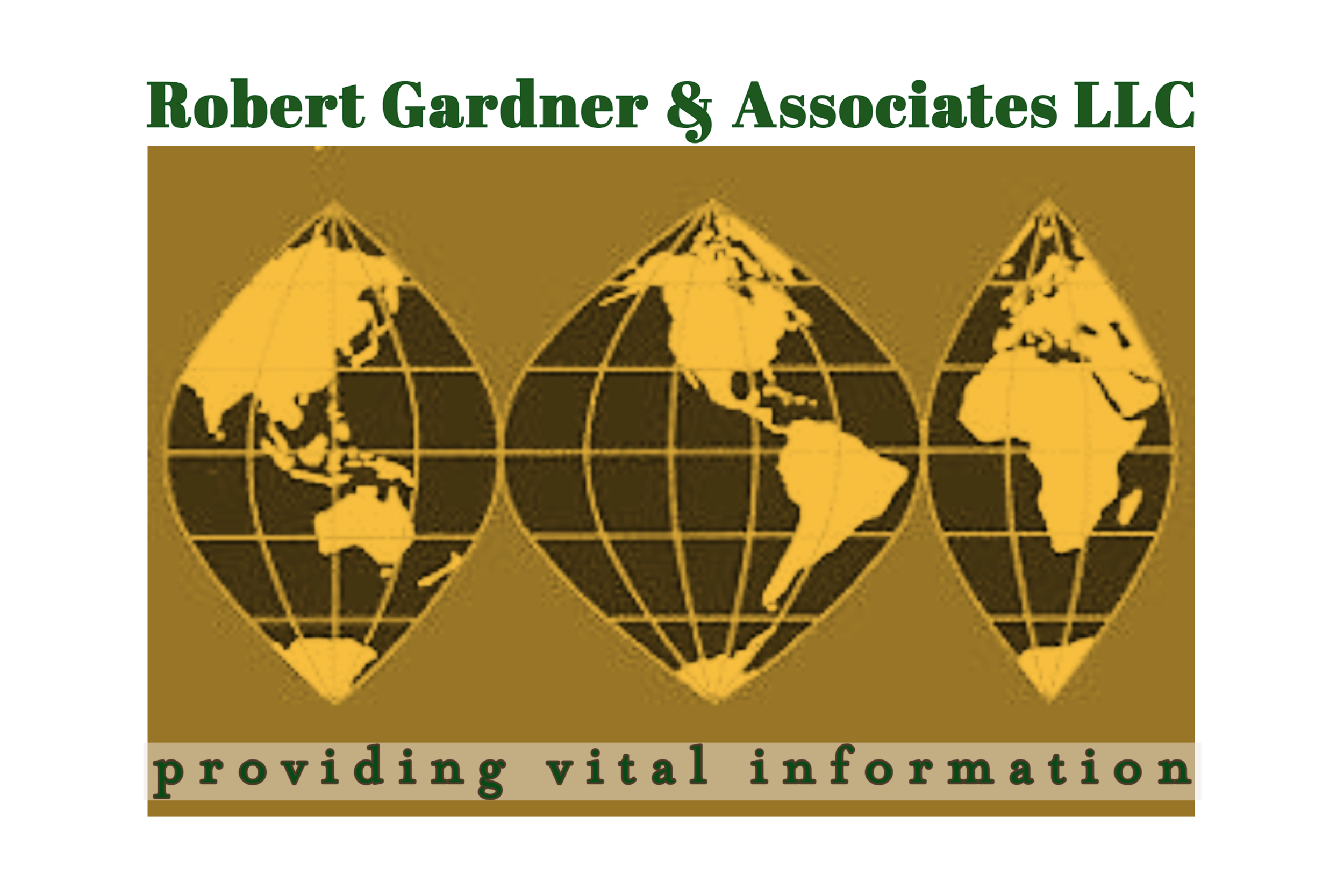Get a Grip
The Case of the Middle Name
I find people. About every day my work involves tracking down some missing person. Not that they are lost, and not that they are trying that hard not to be found. Rather, they are just not telling me where they are. No, they are not telling you. You buying and selling companies, taking on new clients, making loans, supporting litigation, investigating fraud, searching for hidden assets. Did they tell you their name rank and serial number or in modern parlance, name, address, and social security number. Plenty of times they do. Many dealmakers say fork it over. You want access to my funds. Tell my researcher what he needs. Yet, many times, many ways, all you’re giving me is a name. If you’re in litigation. If you are preparing for a meeting for the first time, for all sorts of “gentleman do not spy” kind of reasons, you did not want to ask. All you have is a name; OK, usually a name and a company. Check them out. First, I need to find them.
I need to find them for one very big, important reason. How do I know what I find, whatever lawsuit, bankruptcy, involvement in organized crime, is the same John Doe or Martha Graham that you gave me. Believe me, it does not take doing business research very long to know that nearly every name is “common”. So it requires finding the people. Determining where he or she lives. And to do that, you have to get a grip.
These days, before we can log into our online bank and update our cell phone account, we need two factor authentication. We prove who we are by cross-checking against something known about us, like a phone number. To find someone, it works the same way. We have to match something against something else. The problem, no one has given us the something. The trick, the magic, the skill in finding people is to find that toehold; to look at a what appears to be a smooth sheet of rock and find something where we can stick our fingers. Like bouldering, sometimes all it takes is a few inches of depression for us to jam our trained fingers. But until we can get a grip, we cannot move.
I am hardly giving up super-secret tradecraft to say that nearly every time, the first place I go to get a grip is LinkedIn. 30 years ago, when I began my research career, we would never have dreamed how easily it’d be to find people’s biographies. We’d hope you’d be vain enough to be put in Who’s Who or dumb enough to blab to the D&B guy. Otherwise, it wasn’t easy getting your bio. Today, almost everyone makes it available for me, and I have something to use. In a recent case, the LinkedIn bio made it easy to find a missing person because I could see all the reported addresses for the guy matched the places where he worked on his LinkedIn. In a lot of cases, you need more.
The next place I try to go is some form of public record, some state or federal or municipal office that is tracking you for the public. From hair dressers to sports agents, CPAs to stock brokers, you are regulated and registered. I’ll say that the aforementioned LinkedIn can also point out which regulator. In a matter this week, the person I was trying to pin down, reported on the LinkedIn, employment at an investment bank. Me knows after all these years that many, nay most employees, at an investment bank are either registered with the SEC as an investment-advisor or registered with FINRA, The Financial Industry Regulatory Authority, as a broker-dealer. I pointed my browser (the nice thing about the SEC’s site is that they’ll search their database and FINRA for you). It helped, sped things along in this case, that I had a middle initial. So, I only had to look at a couple of possible hits to find the guy. There was a broker-dealer registration associated with the firm mentioned in the LinkedIn profile. Now I had a lot. The best part, the part that gave me a great, secure, comfortable grip, the broker-dealer registration revealed a rather unusual middle name. Common last name, but very unusual middle name.
There it was. I could use my people searches now with confidence. I could find addresses. I could find a birthday. I could find enough that I could search court records and know whether I found something else. For instance in this case, while I did find a lawsuit that matched the name, the year it was filed, the subject would have been 16, so I could exclude it. As long as I can get a grip, I can find people. By finding people I can provide vital information to manage risks and react to unforeseen events.

